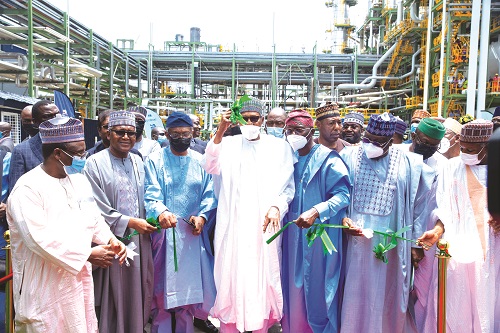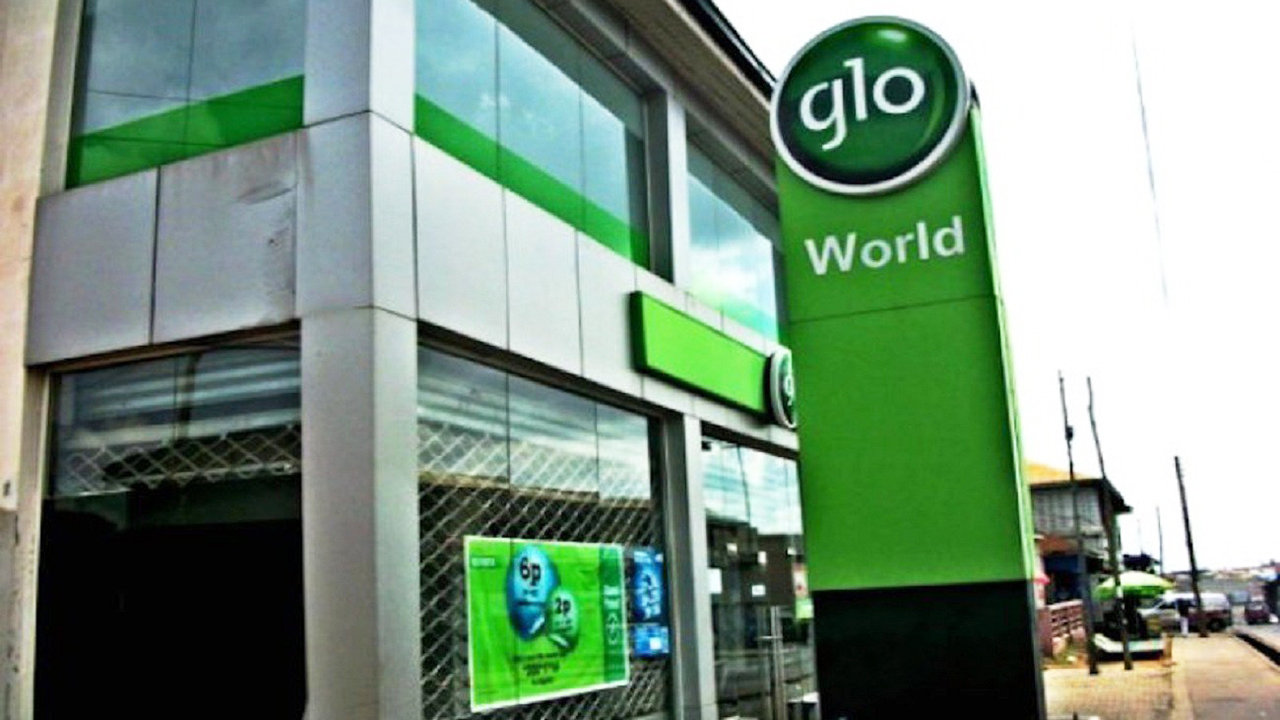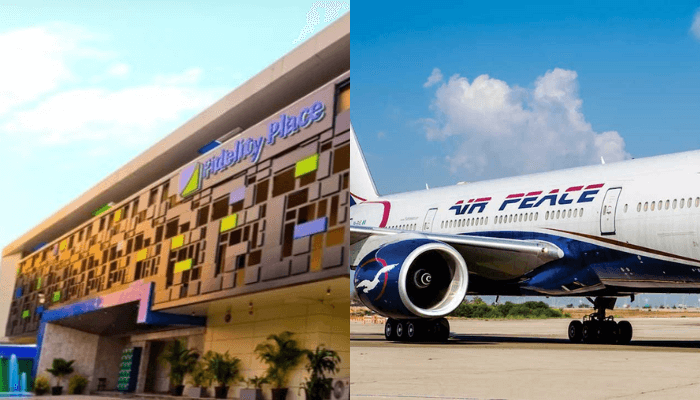Business
We’ve a Lot to Benefit from Dangote Petroleum Refinery on Downstream Sector – GPA

The Chief Executive Officer, National Petroleum Authority (NPA) of Ghana, Mustapha Abdul-Hamid, said the coming on stream of 650,000 barrels-per-day (bpd) Dangote Petroleum Refinery will transform the Ghanaian downstream sector through the reduction in the cost of importation of petroleum products.
Speaking at the 16th Oil Trading and Logistics Expo in Lagos with the theme: “Regulating Downstream Energy Transition in Dynamic Times”, Abdul-Hamid said the completion of Dangote Petroleum Refinery project would be a breakthrough for the West African region which has for long depended on importation of petroleum products.
According to him, Ghana is presently facing the challenge of continuous rise in the cost of petroleum products, adding that getting importers to turn their attention towards Nigeria, rather than going all the way to Netherlands for petroleum products importation, would help his country stem the tide of a continuous increase in the price of fuel.
He stated: “The Dangote Petroleum Refinery will have a huge impact on Ghana downstream sector. Right now, the Ghana’s downstream industry is completely deregulated. There is no petrol subsidy in Ghana. For a deregulated market where the importers recover their cost fully, importing from Nigeria will certainly be more cost effective and cheaper than importing from Rotterdam in the Netherlands where we get the bulk of our fuel in Ghana.
“As we all know, the price build up for a litre of fuel will include the cost of shipment, transportation, insurance and others, but if we are importing from Nigeria into Ghana, this will bring down the cost of fuel in our country. Ghanaians are very excited about the prospect of the Dangote Petroleum Refinery. Ghana had in the past built a good relationship where we get petroleum products from Nigeria at a reasonable and more affordable cost. I believe that the coming on stream of Dangote Petroleum Refinery will further strengthen the existing relationship between Nigeria and Ghana.”
Abdul-Hamid said the Ghanaian government was also developing a 60 billion-dollar petroleum hub project on 20,000 acres in the western part of the country for storage and marine facilities.
“All the above-mentioned projects will help accelerate the petroleum hub, consisting of refineries, petrochemical development of the continent’s oil and gas resources, by connecting the downstream to the upstream. It will promote cleaner fossil fuels and biofuels as the pathway to a just energy transition. Gas has been accepted as the transition fuel because gas is the least carbon emitting fossil fuel”, he added.
Speaking also at the event, Permanent Secretary, Ministry of Petroleum Resources, Nigeria, Gabriel Aduda said deregulation would increase transparency in the downstream sector of the petroleum industry. He said full deregulation would also create healthy competition among investors.
Aduda, who was represented by Mr. Augustine Okwudiafor, the Deputy Director, Downstream Department, Federal Ministry of Petroleum Resources, noted that deregulation would give business guaranty to potential investors at the stage of conceptualisation. According to him, deregulation would significantly reduce, if not eradicate completely, the diversion and smuggling of petroleum products across Nigerian boarders.
“All hands are on deck towards full deregulation of the downstream sector, as this will ensure commercialisation and liberalisation of the sector. It will also increase investment opportunities, create more jobs and promote seamless energy transition. All these measures and many more will cushion the projected impact of downstream sector deregulation on consumers and the economy at large,” he said.
He further said data was key in the Oil and Gas Industry, and that any reliable and accurate data would give investors a certain level of assurance.
“Hence, government is keen and determined to harmonise all downstream data across the relevant agencies and parastatals to eradicate data variations. Government, through the Ministry of Petroleum Resources, its agencies and Federal Ministry of Science and Technology, is considering enhanced technologies. They include Machine Learning (ML) and Artificial Intelligence (AI) to monitor and gather downstream data for effective policy formulation and investment guidance,” he said.
Aduda emphasised that oil also had a place in the energy transition space in the sense that oil could be made cleaner through the development and use of appropriate technologies. He said moving the downstream sector forward to that enviable position required collaborative efforts from all stakeholders. “I challenge you all to come along to move the downstream sector towards achieving the downstream we could all be proud of,” he added.
Business
FirstBank Partners Verve to Issue Free Debit Cards in Nationwide Promo

First Bank of Nigeria Limited (FirstBank), Nigeria’s premier and leading financial inclusion services provider, has announced the launch of the Verve Flash Promo, a special initiative rewarding customers with free Verve cards.
The campaign, which commenced on 6 October 2025, and will run until 30 January 2026, is exclusively targeted at FirstBank customers whose ATM cards have expired.
The free cards will be issued daily to 131 customers on a first-come, first-served basis across the Bank’s branches, nationwide. FirstBank’s unwavering commitment to convenience, accessibility, and customer satisfaction.
Speaking on the rewards to FirstBank customers, Chuma Ezirim, the Group Executive, e-Business and Retail Products at FirstBank, said: “The Verve Flash Promo is not just about rewarding customers with free verve debit cards; it is about celebrating our legacy of 131 years of trust, resilience, and innovation in the Nigerian financial services industry. At FirstBank, we remain committed to providing customer-centric solutions that enable secure, seamless, and convenient payment experiences. Partnering with Verve International on these initiatives, including the Verve Good Life promo, underscores our shared vision of deepening financial inclusion while rewarding our loyal customers for their continuous patronage.”
Also commenting, Vincent Ogbunude, Managing Director, Verve International, noted:
“Through strategic collaborations like this with FirstBank, we continue to demonstrate Verve’s commitment to enhancing access to seamless payment solutions for every Nigerian. The Verve Flash Promo not only rewards loyal customers but also reinforces our vision of making everyday transactions more rewarding, secure, and convenient. As we extend the Good Life Promo, we remain steadfast in our goal of deepening financial inclusion while delivering real value to Verve cardholders across the country.”
Meanwhile, the ongoing Verve Good Life promo, designed to reward Verve debit card holders for using their cards at specific merchant points, has been extended to 30 November 2025.
During the period, Verve Card holders enjoy 10% cashback at The Place Restaurant, Quickteller, Buypower, Filmhouse, AlliExpress, Addide Supermarkets, and Chowdeck app every Thursday to Sunday.
Verve cardholders can now enjoy a 10% cashback on the Google Play Store any day of the week throughout the Good Life Promo, which runs until 30 November 2025. Moreso, every transaction made with a Verve card whether on ATMs, POS terminals, or online platforms automatically earns customers a chance to win up to ₦1,000,000.
Business
Glo Enhances Data Bundles, Offers More Data at No Extra Cost

Nigeria’s leading telecommunications company, Globacom, has announced enhancement of its data bundles to give subscribers more data volume at the same affordable prices.
The upgrade reinforces the company’s commitment to providing superior value and exceptional customer satisfaction.
The upgraded Glo Data Bundles are enhanced versions of the existing daily, weekly, and monthly plans, giving subscribers more data at no additional cost.
These improvements offer users greater freedom and convenience to enjoy their favourite online activities from streaming and gaming to social media, video calls, and more.
For daily users, the ₦100 plan has been upgraded from 105MB to 125MB, giving light internet users even more data to browse, chat, and stream short videos conveniently.
The weekly bundles have also received notable boosts, such as the ₦1,500 plan, which now offers 6GB instead of 5.9GB, enabling subscribers to stay connected longer.
Heavy data consumers will also enjoy remarkable value on the monthly plans. The ₦2,000 bundle now gives 6.25GB, while the ₦10,000 package has been enhanced from 38GB to 42GB, allowing users to do more from video streaming and large file downloads to remote work and virtual meetings.
Students are not left out, as the Campus Booster Plan has been upgraded with higher data allowances, ensuring seamless access to academic resources and social networks while on campus.
Globacom noted that the revised bundles are available to all Glo customers prepaid, postpaid, and hybrid and can be activated by dialing *312#, using the Glo Café app (available on Android and iOS), or visiting hsi.glo.com.
The company added that subscribers can use, share, or gift data through *312# or the Glo Café app. Customers will also continue to receive data usage alerts at 75% and 100% consumption levels to help monitor usage effectively.
Unused data is automatically rolled over upon renewal before expiry or when a new plan is purchased within the grace period (ranging from one to seven days, depending on the plan).
Globacom reaffirmed its commitment to empowering Nigerians with reliable and affordable data access, urging customers to take advantage of the revised data bundles that combine affordability, quality, and more browsing power ensuring every Glo subscriber enjoys more data without paying more.
Business
Maiden Flight to Heathrow Airport: Fidelity Bank Hails Air Peace

Fidelity Bank Plc has congratulated Air Peace on the successful launch of its maiden direct flight from Lagos to London Heathrow, describing the milestone as a significant achievement for Nigeria’s aviation sector and a testament to the power of indigenous partnerships.
The commendation was delivered by Dr. Nneka Onyeali-Ikpe, managing director of Fidelity Bank, during a special event held in Lagos to celebrate the airline’s expansion into the European market.
“This is not just a win for Air Peace, but a win for Nigeria,” Onyeali-Ikpe said. “It reflects the strength of home-grown businesses and the impact of strategic financial support in enabling national champions to thrive on the global stage.”
Nigeria CommunicationsWeek reports that Fidelity Bank has played a pivotal role in Air Peace’s growth, providing early financial backing and advisory services that helped the airline become the largest carrier in West Africa. The bank continues to support Air Peace through payment processing and other financial services
The launch of the London route marks a new chapter for Air Peace, which now joins a select group of African airlines operating direct flights to Heathrow.
The development is expected to boost tourism, trade, and connectivity between Nigeria and the United Kingdom.
Speaking at the event, Allen Onyema, Chairman of Air Peace, expressed gratitude to Fidelity Bank for its unwavering support and reaffirmed the airline’s commitment to excellence and service.
“This partnership has been instrumental in our journey,” Onyema said. “We are proud to fly the Nigerian flag across international skies.”
Industry stakeholders present at the event praised the collaboration between the two companies as a model for sustainable business growth and national development.






